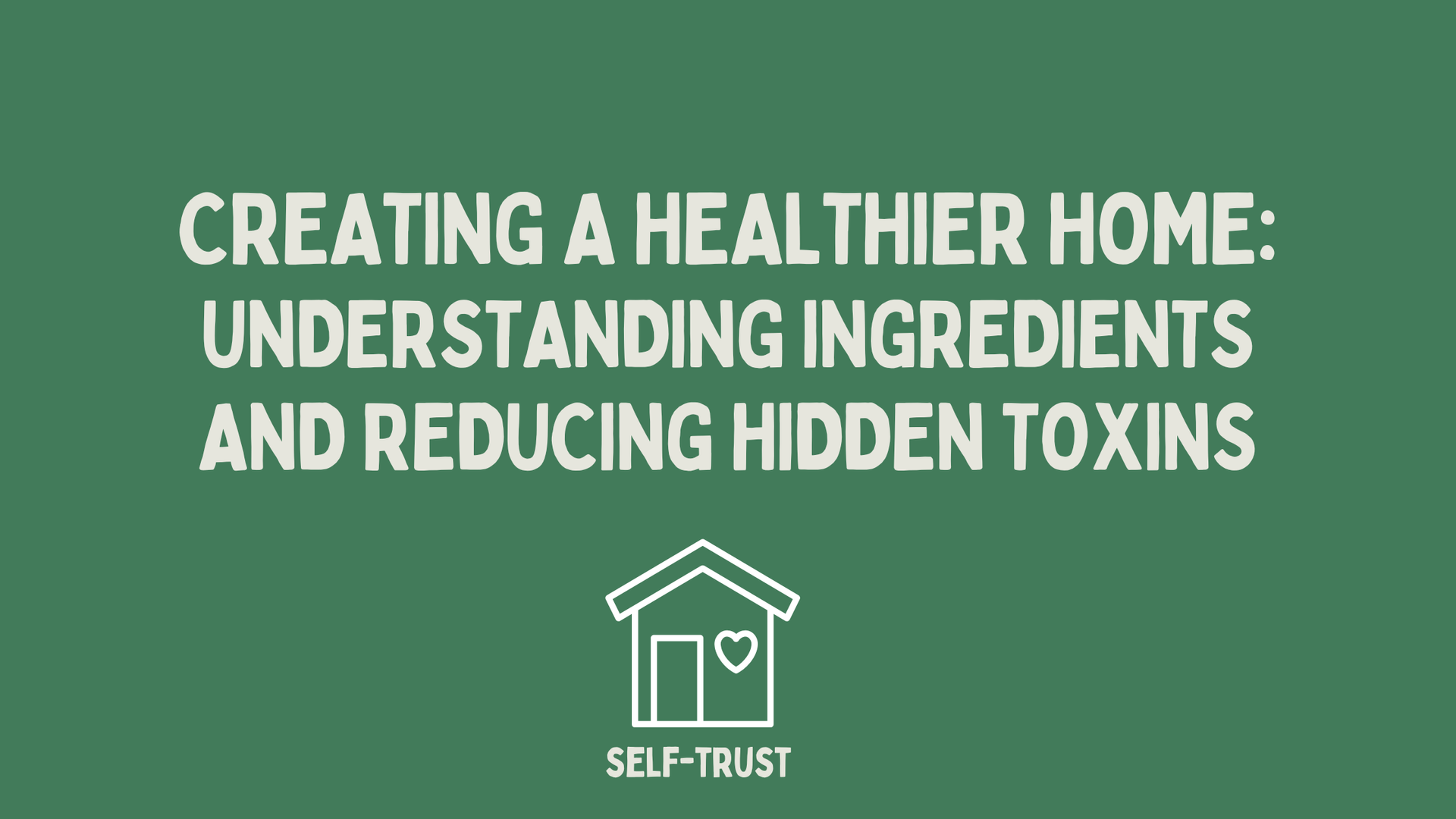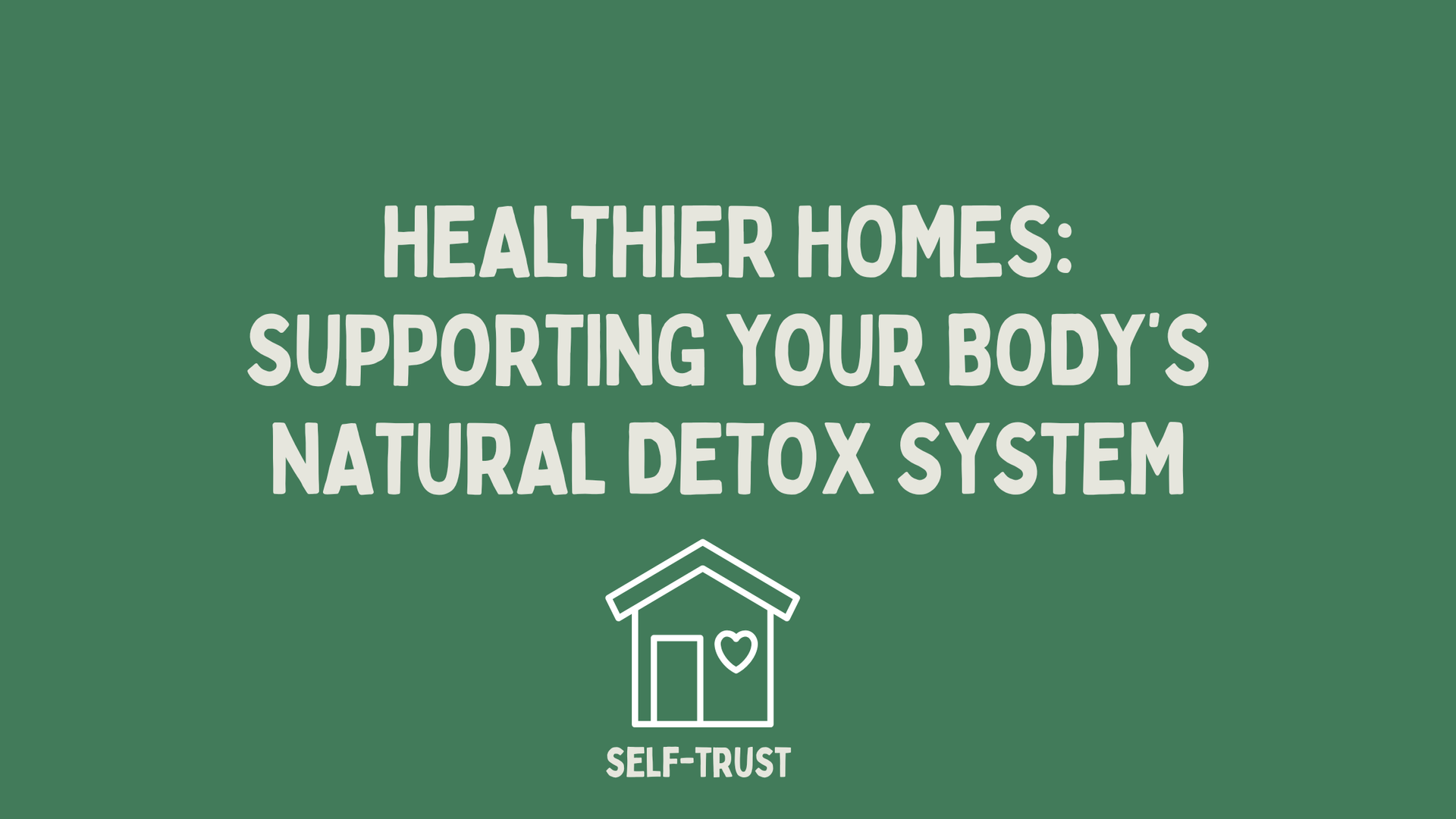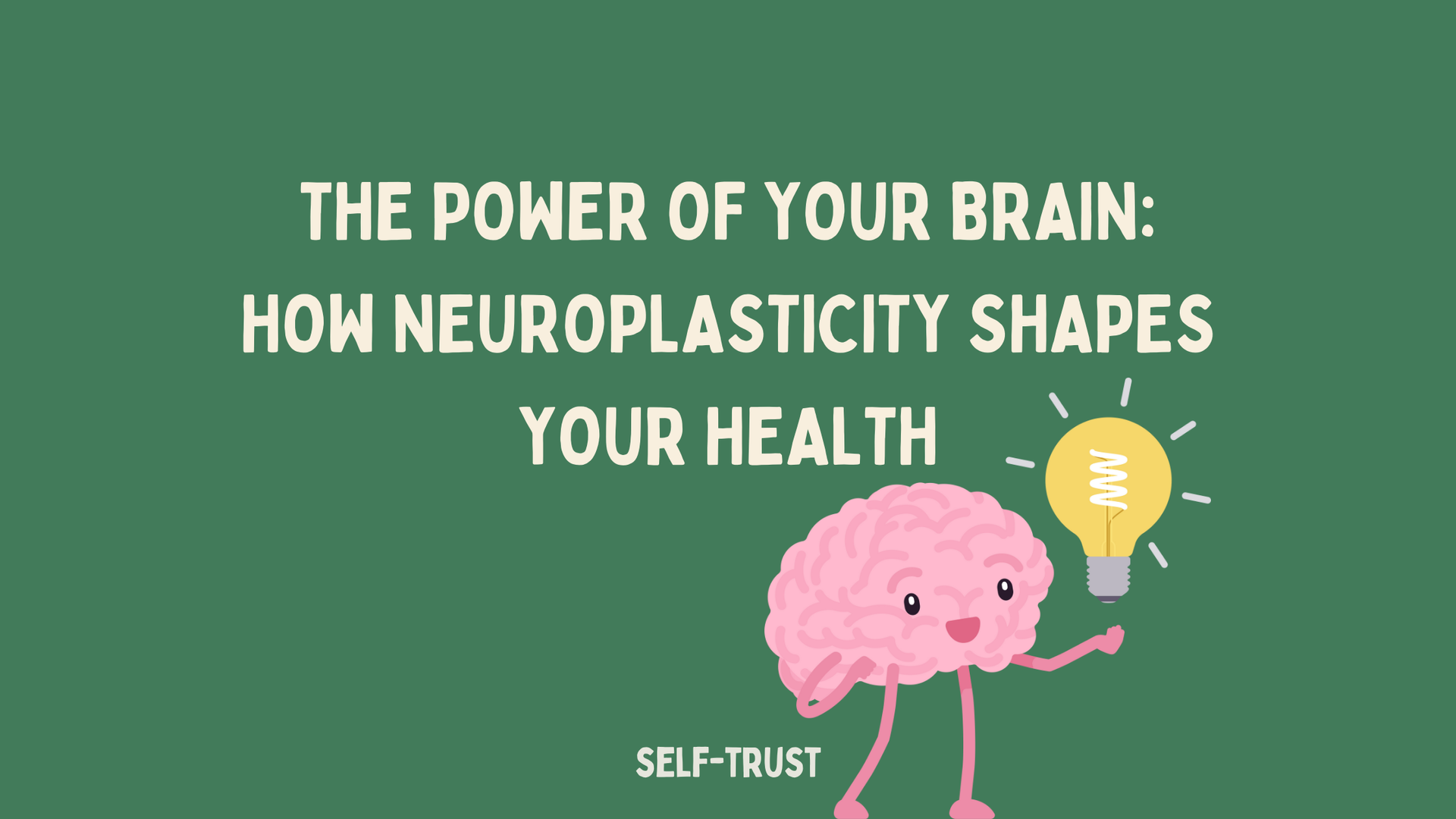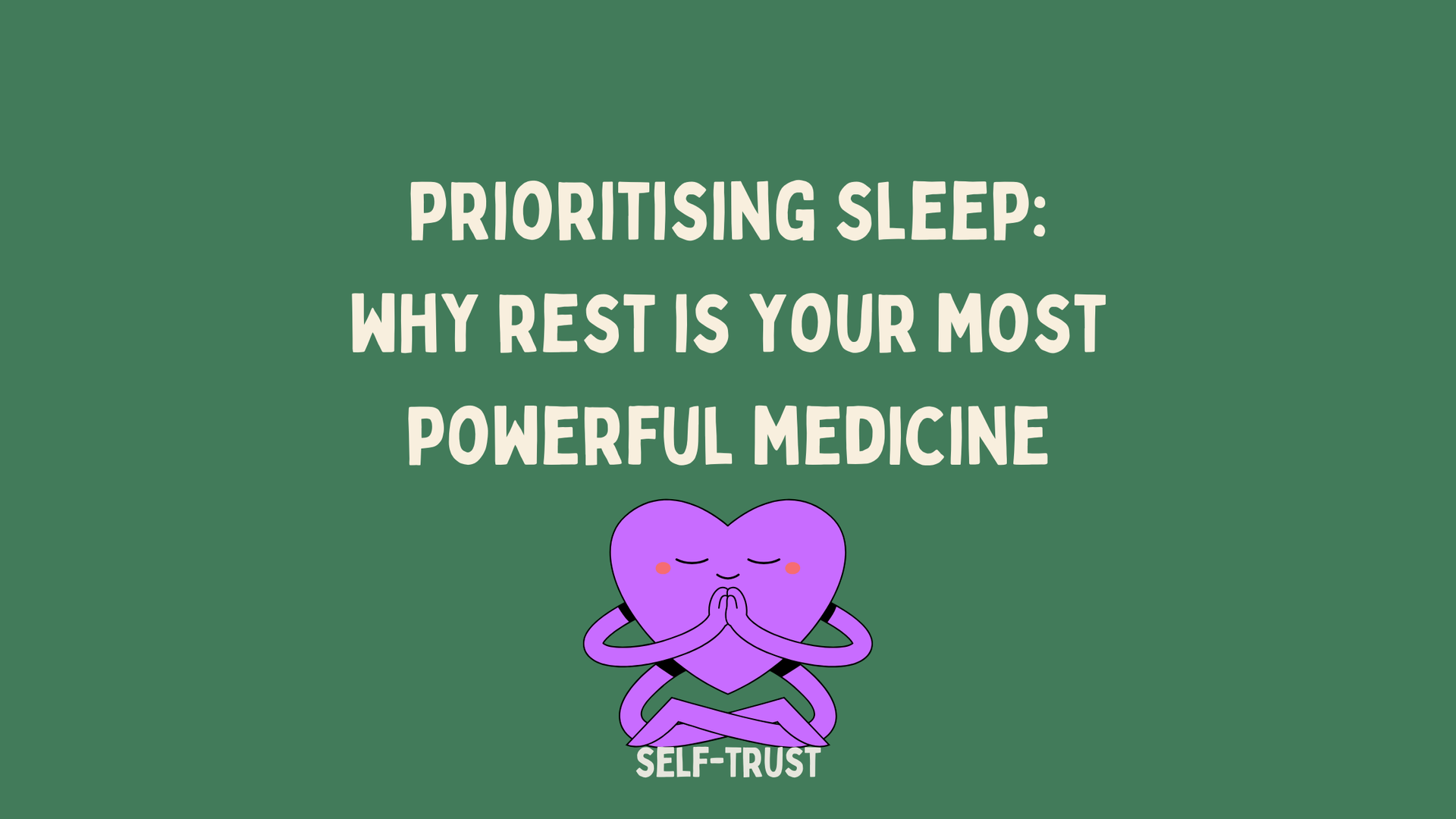Creating a Healthier Home: Improving Indoor Air Quality
Improving Indoor Air Quality
Did you know that most of us now spend upwards of 90% of our lives indoors? Whether we're working, sleeping, or simply relaxing at home, the air we breathe each day has a direct effect on our mood, energy, and overall health.
The good news is, improving your indoor air quality doesn't have to be complicated or expensive. Many of the most effective steps are simple, low-cost, and easy to build into your daily rhythm.
Why Indoor Air Can Become Polluted
Our homes are designed to protect us from the elements - keeping warmth in during winter and cool air in during summer. But this also means the air inside can become trapped and recirculated. Over time, that air carries with it what ever is released from building materials, cleaning products, furnishings, and even daily activities like cooking.
Modern homes, especially those built for energy efficiency, can hold in air contaminants just as well as they hold in heat. Common indoor pollutants include:
- Volatile Organic Compounds (VOCs): from cleaning products, paints, and scented items.
- Dust and Mold: often invisible but potent triggers for inflammation or allergies.
- Outdoor Air Pollutants: that make their way in and stay circulating.
Simple Ways to Improve Indoor Air Quality
These small steps make a big difference in creating a cleaner, lighter-feeling home environment:
1. Open Your Windows Daily
Fresh air circulation is one of the easiest ways to improve air quality. Open your windows for at least 10-15 minutes each day to allow clean air in and stagnant air out.
2. Avoid Synthetic Fragrances
Skip air fresheners, scented candles, and plug-ins - these are often loaded with endocrine disruptors, phthalates, and VOCs. Instead, opt for natural alternatives:
- Diffuse high-quality essential oils.
- Simmer citrus slices, herbs, or spices on the stove.
- Create your own room spray with water and a few drops of rosemary, lemon, or lavender oil.
3. Watch for Water Damage
Moisture invites mold - even if it's not visible. Check regularly around bathrooms, sinks, fridges, washing machines, and dishwashers for leaks or dampness.
4. Dust and Vacuum Regularly
Dust holds toxins, allergens, and microscopic pollutants. Use a damp or microfibre cloth to wipe down surfaces weekly, and vacuum frequently (ideally with a HEPA filter) to trap fine particles rather than redistributing them.
5. Let in Natural Light
Open blinds and curtains every morning. Sunlight naturally helps purify and balance your indoor environment, while also uplifting mood and energy.
6. Minimise Clutter
Fewer objects mean fewer places for dust to settle. A tidy home supports cleaner air - and often, a calmer mind.
7. Keep Shoes Outside
Shoes bring in bacteria, pesticides, heavy metals, and more from outdoors. Create a shoe-free zone near your entry to prevent these contaminants from spreading inside.
8. Clean Filters and Air Systems
Regularly wash or replace filters in heat pumps, air conditioners, or ventilation systems to prevent recirculating old dust and debris.
9. Do a Periodic Deep Clean
Every few months, wipe down walls, clean behind furniture, and refresh forgotten corners. Setting a rotating cleaning schedule makes it easier to maintain a fresh, breathable home.
10. Choose Natural Materials
Whenever possible, use products made from wood, cotton, wool, glass, or stainless steel instead of heavily treated synthetic materials.
Support Your Body's Natural Filters
Even when we do our best to create a clean environment, our bodies still work hard every day to filter and process the air we breathe. If you've been feeling tired, congested, or like your body's running on low energy, it may be a sign your nervous system and detox pathways need some extra support.
Chiropractic care helps your nervous system stay clear and balanced - which in turn supports your lungs, lymph, and other detox organs to function more efficiently. When your body is aligned, it can process and release what it no longer needs with more ease.
Give your body the support it needs to breathe easier - from the inside out.











